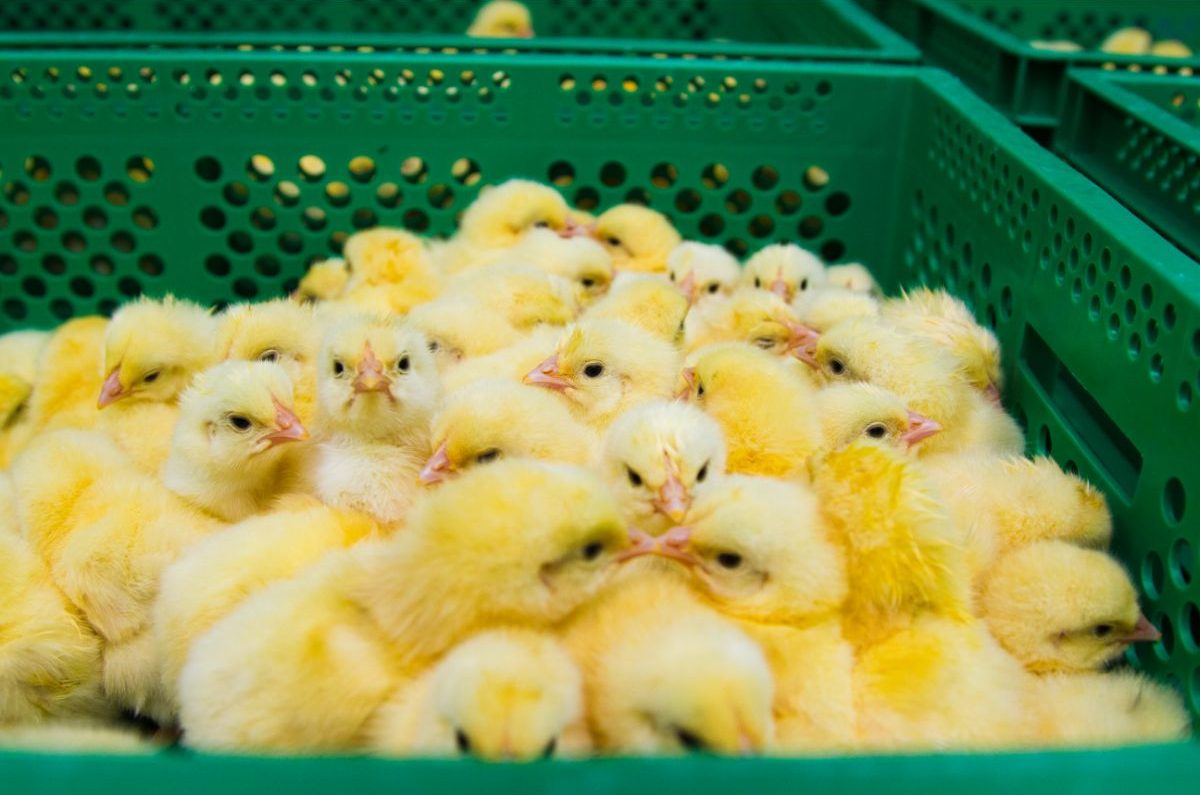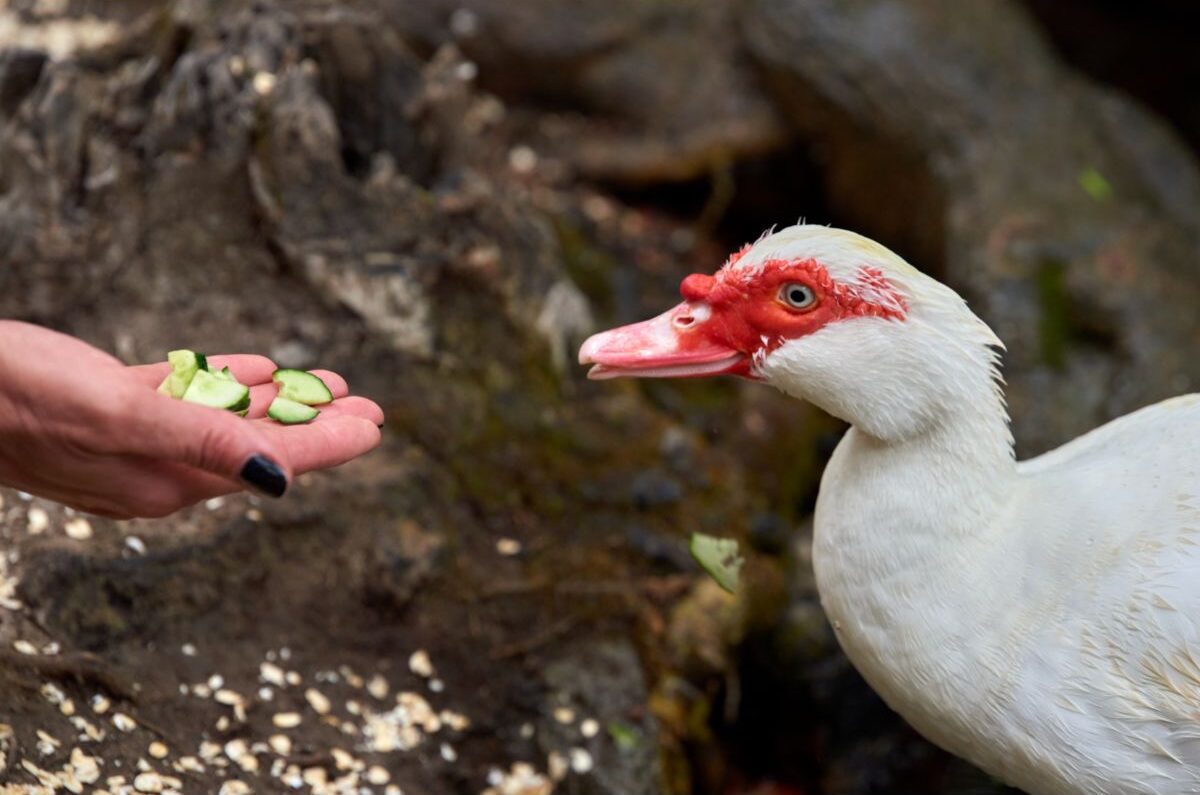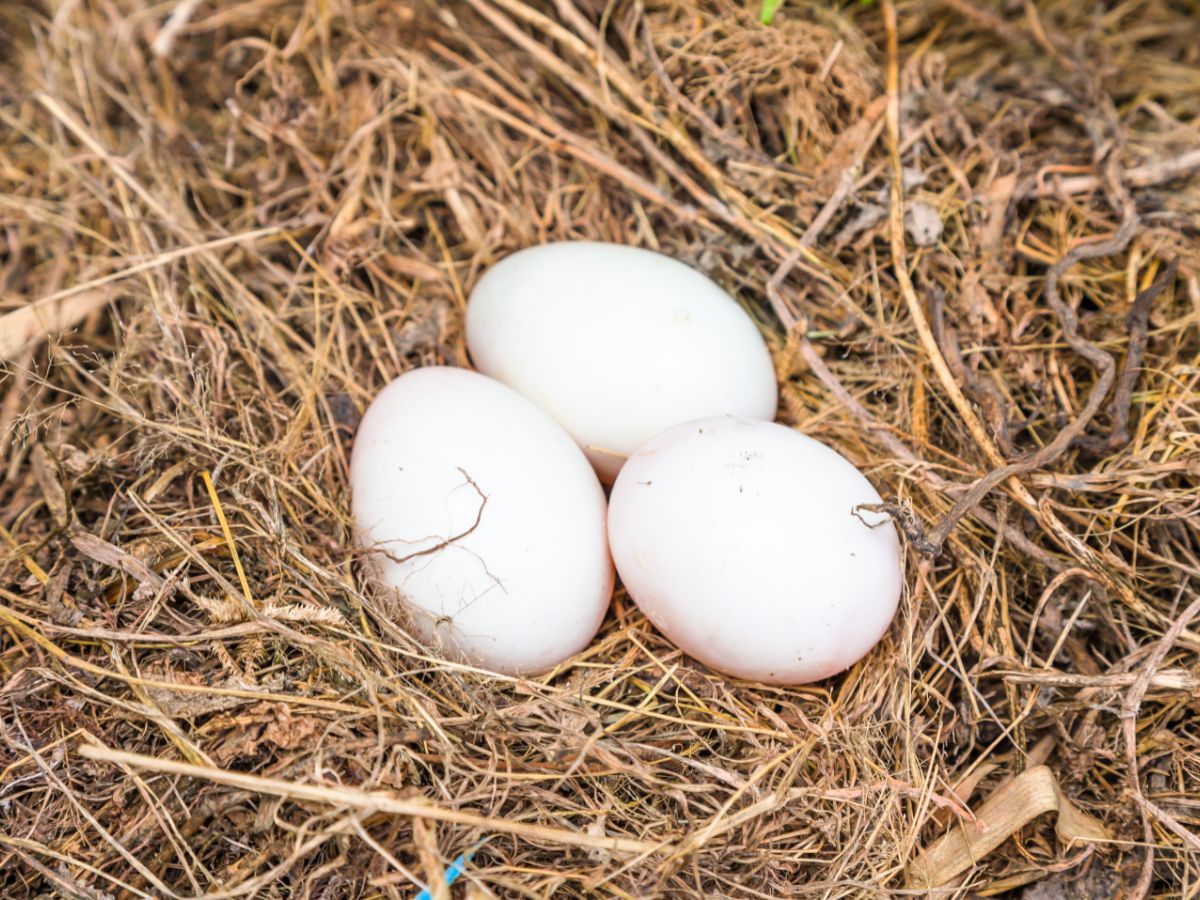So you have the first chicken eggs you want to incubate and are uncertain of a few things. That was me not too long ago when I incubated my first chicken eggs. I phoned a chicken farmer I have known for a long time to help me understand the dynamics of hatching incubated eggs, and the first thing I wanted to know was how many incubated eggs would hatch.
Chicken eggs take 21 days to incubate; depending on where you got the eggs, around 80-90% of the incubated eggs will hatch. If you have gotten the eggs within 7-10 days of being laid, that number should be between 88%-90%. Mail-order eggs can not be predicted as accurately as farm-fresh eggs.
The farmer I contacted had a lot of valuable and helpful advice that helped me on this journey. I decided to do more research and found that there were other chicken owners with the same questions I had, and I wanted to share what I had discovered and what the chicken farmer had taught me.
Contents
How Many Incubated Eggs Will Hatch?
Nowadays, it’s better for a chicken farmer or backyard chicken keeper to incubate the eggs. Chickens get easily distracted from their brooding and motherly duties meaning the eggs are not always looked after as they should (although that’s not always the case).
Typically between 80%-90% of incubated eggs will hatch, but there are a few factors that might cause fewer eggs to make it to hatching. How many of the eggs you incubate hatch will depend on various factors. These factors include;
- Where you got the eggs,
- How long after they were laid did you incubate them,
- The incubator you are using,
- The time of year you are incubating the eggs,
- When you turn the eggs during the last 3 days of incubation,
Where You Got The Eggs
Where you got the eggs you want to incubate is very important. Some people get their eggs from the chickens they have, some get them from chicken farmers, and others order them through the mail.
Ordering chicken eggs through the mail is risky; you may not get the eggs you were looking for. Here are a few reasons why it’s best not to buy eggs through an online shop or the mail.
- You have no guarantee the eggs you get are fertilized eggs. Many chicken owners only have hens and sell the eggs for consumption. If you buy the wrong kind or there is a mix-up, you might not get chicks.
- You can’t see the chickens the eggs come from; for all you know, you might be ordering and paying to hatch pigeon eggs.
- You don’t know how long the eggs took between being laid and being delivered. To get viable eggs, you need to incubate the eggs 7-10 days after they have been laid, or they won’t hatch.
By buying from a chicken farmer (who has roosters), you can check to see if the eggs are fertile, see the condition of the hens, and ensure you get fresh eggs, so they are still viable to hatch.
The Time Between Laid Eggs And You Getting Them
When buying eggs, you must have a prep station ready before getting them. That makes it easier to know the right day to put them into the incubator. You must properly plan the times and days of the preparation and incubation.
It is because you must prepare the eggs for the incubator, and they are only fertile outside the incubator for between 7-10 days after the chicken has laid the eggs. If you didn’t prepare the eggs properly or put them in the incubator after ten days (after being laid), they would not hatch. It takes 3-4 days to prepare the eggs for incubation fully.
The Incubator You Are Using
Using a homemade incubator may cause some eggs not to hatch as you cannot properly control the incubator’s environment. A modern incubator has controls to keep the temperature at an optimum level. The appropriate temperature for the incubator is 99.5°F. The only time you change the temperature is when the eggs are about to hatch, around day 21.
You can also control and adjust the humidity inside the incubator to get as many eggs to hatch as possible. The proper humidity for an incubator is 55%, and any shift in humidity can be deadly to your fertile eggs. You can use a hygrometer to measure the humidity properly.
The Time Of Year You Are Incubating The Eggs
The time of year can affect how many fertilized eggs eventually hatch. The reason is that on certain days you need to check and turn the eggs; the outside temperature can influence the viability of the eggs if you are in an outdoor area in the middle of winter.
Incubating eggs is best left for warmer months as it also ensures the hatched chicks have a better chance of survival. Despite our best efforts, many chicks have died during winter, so spring and summer are ideal for incubating and hatching eggs.
If You Turn The Eggs During The Last 3 Days Of Incubation
The incubation period is 21 days, and you must turn the eggs with the broad side up on the 17th day. The eggs must still be between the 18th and 21st day. You must stop turning the eggs three days before they are to hatch.
If you turn the eggs during the last three days of incubation, some eggs won’t hatch, or the chicks might die while trying to hatch. Turning the eggs makes it much more difficult for the chicks to break out of the shell, and some might get oxygen deprivation during this time, so after day 17, don’t turn the eggs.
When Do Eggs Fail To Hatch?
Most experts agree that eggs fail during the first or last three days of incubation. Typically the failure will be because an embryo has died or it was infertile, to begin with. If some of the eggs in the incubator don’t hatch within 24 hours after the 21-day incubation period, you should check for signs of life.
You can use a flashlight or candle and hold it up to the egg to peek inside. If you see no signs of life, then it’s best to throw those eggs away as they are not viable and won’t hatch.
Conclusion
Incubating and hatching chicken eggs is not always easy, especially if you are a beginner. The advice of seasoned chicken farmers helped us avoid some mistakes people make when incubating and hatching their chicken eggs.
To get more incubated chicken eggs to hatch, you need to buy the eggs from the right place, use a proper incubator, keep a close eye on the humidity and never try to incubate and hatch eggs if they are older than ten days.




